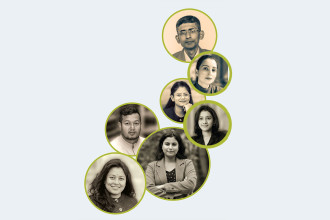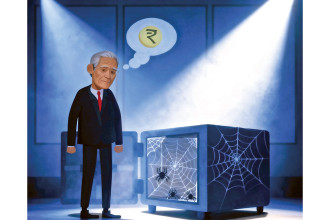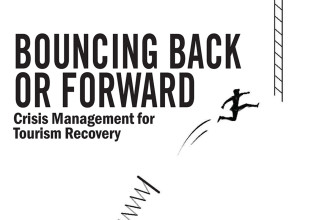
More than 10 billion doses of vaccines against Covid 19 have been preordered including most of 2021 manufacturing capacity of lead providers. The capacity which is already spoken for accounts for 10% of the global population. Vaccine developers report that they can make sufficient doses for more than a third of the world’s population by the end of 2021 but market pundits indicate that low income countries might have to wait until 2023 –24 for vaccination.
Britain has become the first country to begin mass inoculation using fully tested Pfizer vaccine kits. In the first batch, Britain has received 800,000 doses of the vaccine. Packed in 975-dose trays at ultracold temperatures, the vaccine was transported from a manufacturing plant in Belgium to government warehouses in Britain, and then to hospitals. Fifty hospitals will be administering the shots until the government can refine a plan for delivering them at nursing homes and doctor’s offices, too. The vaccine must be transported at South Pole-like temperatures, though Pfizer has said that it can be stored for five days in a normal refrigerator before being used. First to receive the vaccine will be doctors and nurses, certain people over 80 and nursing home workers.
Markets globally are injected with a sense of enthusiasm to what could bring the fight with Covid 19 to an end. However in the country there is also a sense of trepidation and questions about what the vaccine could mean for Nepal. What should we know about the Covid 19 vaccine? How should the government stage the roadmap for priortising use of the Covid 19 vaccine in the country?
How can it be made equitable, timely and accessible to all? There is vaccine hesitancy; how would you rate its safety and effectivity for our country considering we may not even be on the trails population?
Business 360 asked leading doctors of the country for their expert opinion on the subject.
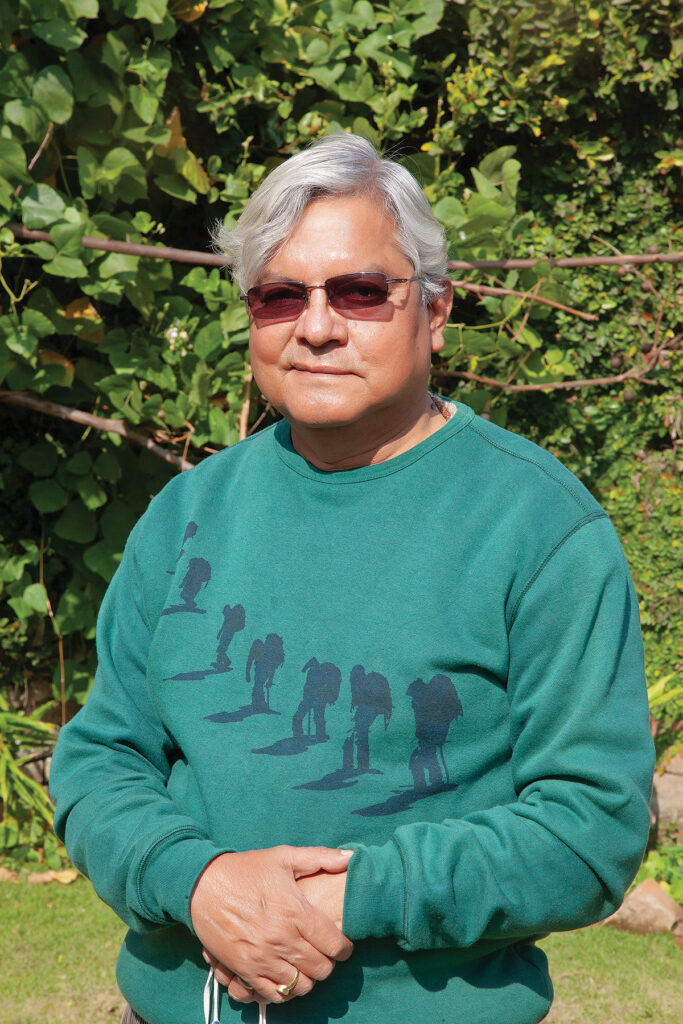
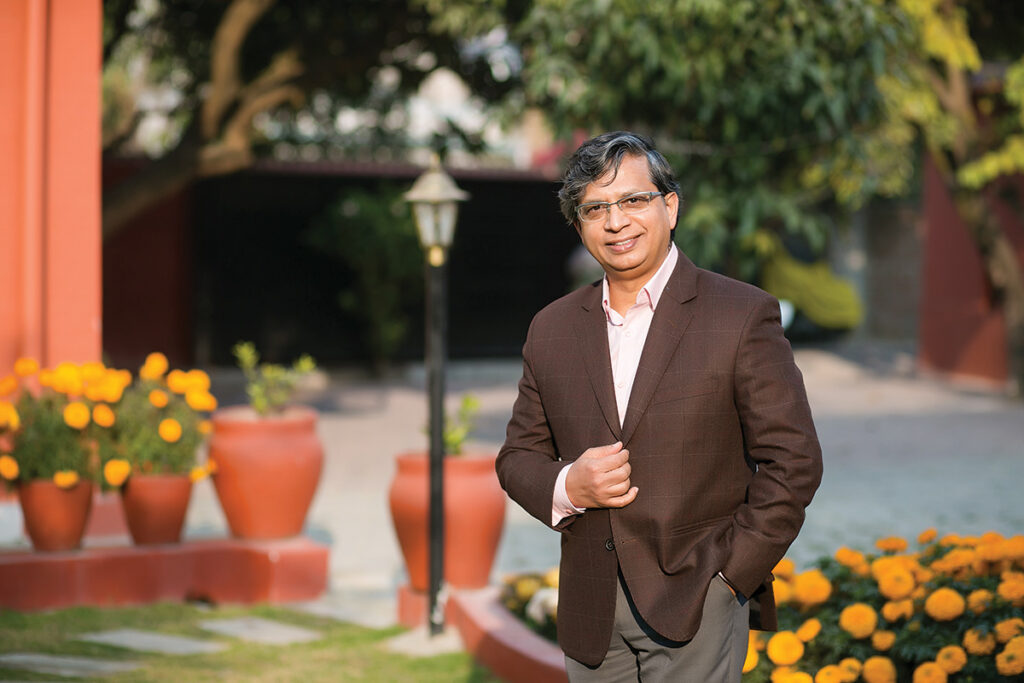
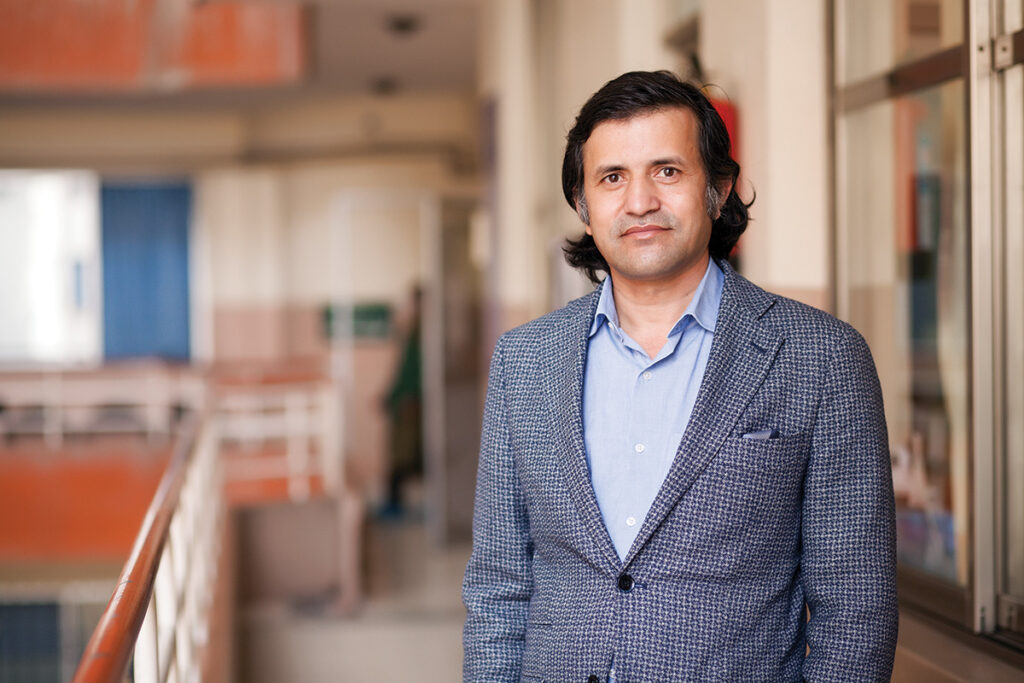
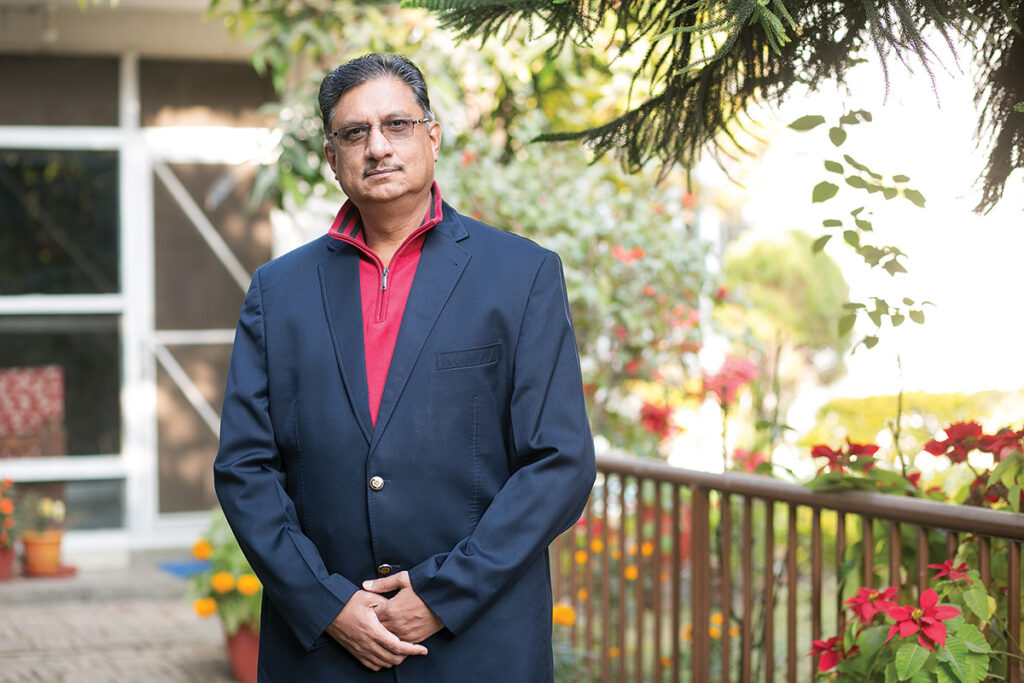

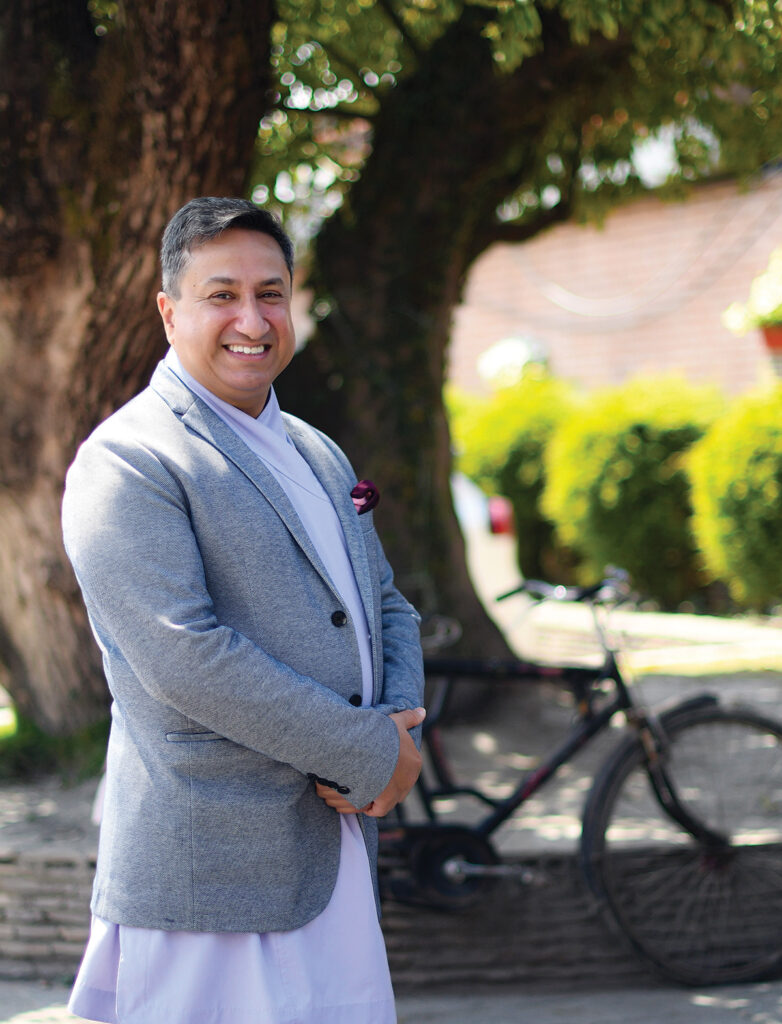
Dr Madhu Pd Ghimire Consultant Gastroenterologist & Hepatobiliary Physician, Norvic International Hospital

What should we know about the Covid 19 vaccine?
There is still a lot unknown about the vaccine. The Pfizer vaccine now coming into circulation is a two dose vaccine one month apart. It confers immunity in about 92-95% of the people vaccinated. For how long the immunity lasts has not been reliably determined. Conjecture is anything between 3-6 months.How should the government stage the roadmap for prioritising use of the Covid 19 vaccine in the country?
For the vaccination programme to halt the pandemic at least 75 to 80% of the population need to be covered with the vaccine and that is going to be a huge public health undertaking.Usually for any new vaccine to come into the market takes 5-10 years. These approvals are for emergency use because of the high transmission rate and high numbers of deaths. The vaccine availability is still a long way off and again it should not give us a false sense of security. The development of immunity in an individual takes some good time even after the vaccination. Newer adverse effects may emerge once massive scale vaccination starts. Not every brand of vaccine will have the similar efficacy.
How can it be made equitable, timely and accessible to all?
Vaccination alone is not going to stop or meaningfully retard the pandemic. It needs to be in combination with other public health measures such as physical distancing and masking and hand hygiene with soap and water or >70% ethyl or propyl alcohol based sanitizer.There is vaccine hesitancy; how would you rate its safety and effectivity for our country considering we may not even be on the trails population?
We shall have more knowledge about its efficacy, any untoward effect, and the duration of protection over the next few months. And, one more thing: those who have recovered from Covid 19 also need to take it as the post infection immunity is also thought to be short-lived. Vaccination program is still work in progress even in the UK. FDA is working on approving the Pfizer vaccine later this week. UK regulators have cautioned against the vaccine for those individuals with history of significant allergies. Usually for any new vaccine to come into the market takes 5-10 years. These approvals are for emergency use because of the high transmission rate and high numbers of deaths. The vaccine availability is still a long way off and again it should not give us a false sense of security. The development of immunity in an individual takes some good time even after the vaccination. Newer adverse effects may emerge once massive scale vaccination starts. Not every brand of vaccine will have the similar efficacy. Safety in pregnancy has not been determined but no obvious theoretical risk exists. Results of animal studies are expected soon. We must rely on other public health measures outlined above for quite some time to come.Chakra Raj Pandey, MD Chairman, Department of Orthopaedics and Traumatology and Director, Arthroscopy, Sports Medicine and Joint Replacement. Medical Director, Grande International Hospital

What should we know about the Covid 19 vaccine?
These mRNA vaccine which will produce protein under the control of DNA of a cell will be used to initiate antibodies in patient’s serum. These antibodies will work against the Covid 19 infection. But the problem is maintaining extremely low temperature for vaccine protection. Pfizer and BioNtec vaccine compared with Moderna vaccine have different efficacy. These different vaccines elicit immune response in different weeks. However, both the vaccines have greater efficacy compared to the control group. We do not know long term outcomes for all these different types of vaccines.How should the government stage the roadmap for prioritizing use of the Covid 19 vaccine in the country?
Covid vaccine should be given initially to health care personnel who are in the forefront. Elderly and high risk group of individuals should have second priority after health care personnel. Others individuals can follow subsequently.National leaders, scientists, doctors have to take vaccine publicly to reduce vaccine hesitancy. However, vaccine should not be made compulsory for everybody. It is very hard to rate safety and efficacy of vaccines in our set up. We have to depend upon scientific research done by the vaccine producers. We know that they have exercised robust protocol in diverse group of people with randomisation and double blinded methods.
How can it be made equitable, timely and accessible to all?
It is the management issue of competent individuals working in the responsible department that is under the Ministry of Health and Population. Utmost honesty, documentation of vaccines distribution and fairness of procedure are important. So robust standard operating protocol is necessary and exercising such protocol is the key.There is vaccine hesitancy; how would you rate its safety and effectivity for our country considering we may not even be on the trails population?
National leaders, scientists, doctors have to take vaccine publicly to reduce vaccine hesitancy. However, vaccine should not be made compulsory for everybody. It is very hard to rate safety and efficacy of vaccines in our set up. We have to depend upon scientific research done by the vaccine producers. We know that they have exercised robust protocol in diverse group of people with randomisation and double blinded methods.Dr Prabin Thapa Professor of Surgery, Kathmandu Medical College & Consultant Surgeon for Digestive Diseases at Grande International Hospital

What should we know about the Covid 19 vaccine?
Like any vaccine, Covid 19 vaccine contain weakened version of a microbe or part of the microbe to bring about an immune response in the body. This helps our immune system recognise and destroy the living microbe during a future infection. For example, the Pfizer/BioNTech vaccine is based on mRNA protein present in the virus.How should the government stage the roadmap for prioritising use of Covid-19 vaccine in the country?
In the context of limited number of vaccines that will be available, the government should prioritise vaccination in those who are in the front line battling this pandemic. Health workers specially nurses and doctors who are directly involved in caring of patients infected with the Covid 19 virus should get the highest priority. Also, the elderly who are more prone to complications related to Covid 19 infection should be among the earlier ones who receive the vaccines.Vaccine procurement should be done at the government level rather than by private companies and all measures need to be taken to expedite the process. It is reassuring to know that UNICEF, in collaboration with the Revolving Fund of the Pan American Health Organization (PAHO), will lead efforts to procure and supply doses of Covid 19 vaccines on behalf of the COVAX Global Vaccines for 92 low and lower middle-income countries including Nepal whose vaccine purchases will be supported by this mechanism.
How can it be made equitable, timely and accessible to all?
Vaccine procurement should be done at the government level rather than by private companies and all measures need to be taken to expedite the process. It is reassuring to know that UNICEF, in collaboration with the Revolving Fund of the Pan American Health Organization (PAHO), will lead efforts to procure and supply doses of Covid 19 vaccines on behalf of the COVAX Global Vaccines for 92 low and lower middle-income countries including Nepal whose vaccine purchases will be supported by this mechanism.There is vaccine hesitancy, how would you rate its safety and effectivity for our country considering we may not even on the trial population?
Being cautious about using a newly discovered drug or a vaccine is reasonable. However, most of these vaccines undergo rigorous multi-phase clinical trials to test its safety and efficacy. These studies must be validated by the WHO and other concerned organisations before the vaccine is used for the general public. Despite these meticulous scrutiny, no drug or vaccine is 100% safe. For example, protein particles used in these vaccines may trigger hypersensitivity or anaphylactic reaction in the recipient. Nevertheless, history has shown that proper vaccinations has done more benefit than harm and it is important that our government follows guidelines from the experts in this field and implement them in a timely manner.Dr Prakash Raj Regmi Senior Consultant Cardiologist & Professor, NAMS Bir Hospital

What should we know about the Covid 19 vaccine?
Corona virus has been terrorising our life for almost a year now. I believe its control lies in the development of effective vaccine. Dozens of vaccines are in the final stage of development around the world. The leading ones are from Pfizer, Moderna, Oxford University/AstraZeneca and the Russian Sputnik V. Most of them are claiming to have 90 to 95% efficacy. There are few things we need to know about the vaccines. Even with the development of vaccine, Corona pandemic will not come to an end immediately. We need to continue wearing face masks, maintain social distancing and personal hygiene and be cautious. We still do not know how long the protection will last from the vaccine. People respond differently to immunisation. History suggests any vaccine could be less successful in old people because an aged immune system does not respond as well , as happens with the annual flu vaccine. But data so far suggests this may not be a problem with some of Covid 19 vaccines. Multiple doses may overcome any problems as could giving it alongside a chemical which we call adjuvant that boosts the immune system.How should the government stage the roadmap for prioritising use of the Covid19 vaccine in the country?
The WHO SAGE Roadmap for prioritising the use of Covid 19 vaccines in the context of limited supply was prepared by the SAGE Working Group on Covid 19 vaccines. Our government can take its guideline to prioritise the use of the vaccine. The following could be followed by the government of Nepal to stage the road map: Stage 1: Health workers at high to very high risk of becoming infected and transmitting SARS-CoV-2 in the community transmission epidemiologic setting. They are the front-line health workers. Stage 2: Socio demographic groups at significantly higher risk of severe disease or death. This group includes people who are systematically disadvantaged with respect to social standing and economic and political power. People suffering from chronic diseases like high blood pressure, diabetes, heart failure, kidney failure, cancer, etc. Older aged people also fall in this group as they are at high risk of severe infection and complications. Stage 3: Social/employment groups at elevated risk of acquiring and transmitting infection because they are unable to effectively physically distance. Groups that have no choice but to work without physical distancing or access to personal protective equipment, or no choice but to live in high-density homes in high-density neighbourhoods fall into this category. Pregnant women are also included in this group.To make it equitable, timely and accessible to all, we need to have a clear, transparent and broadly accepted framework and mechanism for access and allocation. The distribution should be done according to priority basis and the government should be strict in ensuring it. Government should also attempt to find the most effective vaccine for Nepali people and acquire it timely in sufficient quantity. Covid 19 vaccines should be distributed free of cost to those who cannot afford it.
How can it be made equitable, timely and accessible to all?
To make it equitable, timely and accessible to all, we need to have a clear, transparent and broadly accepted framework and mechanism for access and allocation. The distribution should be done according to priority basis and the government should be strict in ensuring it. Government should also attempt to find the most effective vaccine for Nepali people and acquire it timely in sufficient quantity. Covid 19 vaccines should be distributed free of cost to those who cannot afford it.There is vaccine hesitancy; how would you rate its safety and effectivity for our country considering we may not even be on the trails population?
There have been vaccines for such infectious disease in the past, and they have worked out. I believe as the data on immunization grows, the confidence in the vaccine would be stronger. But once the vaccine starts getting wide spread, effective communication about any health concerns, its side effect or the reality check will be of vital importance. Available scientific data on Covid 19 vaccine confirms its safety and efficacy. It is absolutely not necessary for every national to be on the trails. Like in the United States it can be made optional to those who refuses to get vaccinated if there is no risk of infection spread from his or her side.Dr Tseten Yonjen Hepatobiliary and Liver Transplant Surgeon, Shahid Dharma Bhakta National Transplant Center

What should we know about the Covid 19 vaccine?
Our immune system is our safety mechanism that saves us from a lot of disease. It is activated when it encounters a foreign particle like bacteria or viruses. Once activated it may prevent us from acquiring a disease, decrease the severity of the disease or prevent us from transmitting it to others. Vaccine is a method to activate our immune system against a particular particle without causing a disease. The Covid vaccine will contain very little doses of weakened or inactive parts or the blueprint of the SARS Cov-2. Instead of causing a disease, it will only stimulate the immune system and prepare defences (antibodies). So when the body encounters a SARS COV-2 virus, it can defend itself. Amidst the chaos of this pandemic, formulation of a vaccine holds much aspiration. We are hoping it to be the solution to our year long pandemic. A number of vaccines (e.g. Pfizer) have reported efficacy of 90-95% which is very encouraging. This means it is likely to generate sufficient defence. However, much needs to be learnt. The effect on our diverse population, the level of protection it will achieve, its short term and long term effect, how long the defence will last is still not known. Logistical issues such as mass production sufficient for at least the at risk group, maintaining cold chain, availability to low income countries such as ours and distribution difficulties is yet to be sorted out. Hence until vaccines are available to us and until we know that adequate defence (antibodies) can been created after vaccination, our only fall back defence is physical distancing and hand hygiene. It is imperative to reiterate the fact that vaccination or no, physical distancing and hand hygiene will be our first defence.How should the government stage the roadmap for prioritising use of the Covid 19 vaccine in the country? How can it be made equitable, timely and accessible to all?
This will be the most important step for Nepal if we wish the vaccine to help us. It is imperative to understand that vaccines work well when there is mass vaccination of a vaccine whose cold chain has been maintained. We will be able to do it only if we start acquisition and distribution planning now. Of course, once distribution begins in other countries such as UK, their experience will be vital in shaping our program. This program is likely to be the biggest vaccination program in our lives. It will require an army of people to execute it swiftly within a short span of time. I believe, each Pradesh government should propose their own need of vaccine and plan of distribution based on their unique population, prevalence of the disease, financial situation and geographical constraints. They should in turn mobilize all its health centre, take help of all health related facilities (government or private), volunteers, other organisations and transform them into a hub to assist swift distribution. All such hubs will need to be equipped and trained in order to maintain cold chain and carry out vaccination in the designated zone. The plan should be drafted and led by the advice and recommendation of clinical and public health experts, local departments of health, community partners and organizations. The federal government should acquire and distribute the vaccine to each Pradesh government according to the latter’s need. The latter should define need based on population at health risk (threat and vulnerability) and geographic prevalence. The latter should also stratify population into priority groups based on this need. The vaccine should then be distributed according to the priority levels; the population with highest risk priority receiving the vaccine first.This program is likely to be the biggest vaccination program in our lives. It will require an army of people to execute it swiftly within a short span of time. I believe, each Pradesh government should propose their own need of vaccine and plan of distribution based on their unique population, prevalence of the disease, financial situation and geographical constraints.Numerous hurdles in terms of maintaining cold chain, fetching vaccine to areas with limited road access, creating and training staff for mass vaccination and creating programs to assess any untoward effect should be addressed and effective/ alternative methods should be setup. However, we are still learning about the disease and the vaccine. Hence the program should be flexible enough to accommodate new understandings.
There is vaccine hesitancy; how would you rate its safety and effectivity for our country considering we may not even be on the trails population?
Nepalis have been praying for a magic wand to end this pandemic. I sincerely hope that everyone will understand that this might just be that. I hope that everyone will use the vaccine. However, as life has begun to normalise and the fright of the disease has decreased (despite rising number of deaths due to Covid 19), it is likely that some may defer vaccination. But, let me reiterate the importance. This is our only plausible chance right now. Vaccination will decrease disease severity, prevent disease and decrease transmissibility. Furthermore, when a community is vaccinated, people who cannot be vaccinated (e.g. weak immune system) can still be protected if they live in and amongst others who are vaccinated. When a lot of people in a community are vaccinated, it will be difficult for the virus to circulate as most of the people it encounters are immune. This might just be the herd immunity, we have longed for. WHO plans for fair and equitable allocation of the vaccine. I certainly hope that we will receive our fair share. I also pray, we will develop as much antibodies as is needed with the vaccine. I am hoping it to be safe and effective for our kind of population too. However, only time will tell us the exact figures of safety and efficacy.Dr Neil Pande Dental Surgeon, Healthy Smiles

What should we know about the Covid 19 vaccine?
Vaccine is a substance used to stimulate the production of antibodies and provide immunity against one or several diseases, prepared from the causative agent of a disease, its products, or a synthetic substitute, treated to act as an antigen without inducing the disease. Normally, it takes years to develop. It is first tested on animals, then phased human trials are carried out based on positive results. Finally, the permission for human use is given. In the case of Covid 19 pandemic, it has been developed and tested in humans at record speed. As of December 8, there are 58 vaccines undergoing trials in humans and 86 in pre-clinical trials in animals and so far seven of them are approved for early or limited use by few countries namely: CanSinoBIO (Chinese Army), Sputnik V (Russia), Bektop (Russia), Sinopharm 1 (China), Sinopharm 2 (China), Sinovac (China) and BioNTech Pfizer (Germany) Three more vaccines that are promising and are almost at the verge of getting the approval are from: Moderna (USA), Oxford-Astra Zeneca (UK) and Bharat Biotech (India). With so many vaccines in development and use, there are few factors one needs to consider before getting inoculated: Reliability of the results (sample size , data analyses and trustworthiness), safety, storage, cost and dosage. Taking all these factors into consideration, Oxford-Astra Zeneca seems to be the most reliable and feasible one for us here in Nepal.How should the government stage the roadmap for prioritising use of the Covid 19 vaccine in the country?
Regarding the distribution of the vaccine, Nepal already has a robust vaccination network and that should be used and strengthened rather than reinventing the whole process. Healthcare workers, hospitals and clinics need to be trained and empowered for the administration of the vaccine as well as record keeping. Central database needs to be maintained. As in the other developed nation, senior citizens and healthcare workers must be the first ones in the list of getting the vaccine. Front-line workers must be given a priority.With so many vaccines in development and use, there are few factors one needs to consider before getting inoculated: Reliability of the results (sample size , data analyses and trustworthiness), safety, storage, cost and dosage. Taking all these factors into consideration, Oxford-Astra Zeneca seems to be the most reliable and feasible one for us here in Nepal.
How can it be made equitable, timely and accessible to all?
Various INGOs and donors are preparing to provide the vaccine for us. We need to accept them with grace and gratitude. We need to start training and completing groundwork for cold chain maintenance and distribution. Already existing health workers at the grass roots like Ama Samuha, Female Community Health Workers need to be mobilised for awareness and record keeping. But the most important thing until the time we get vaccine will be to maintain the public health measures of wearing masks, maintaining distance, maintaining ventilation wherever we are. Together, we can aspire to be one of the most successful nation in the management of the pandemic.
Published Date: December 16, 2020, 12:00 am
Post Comment
E-Magazine
RELATED Opinion



